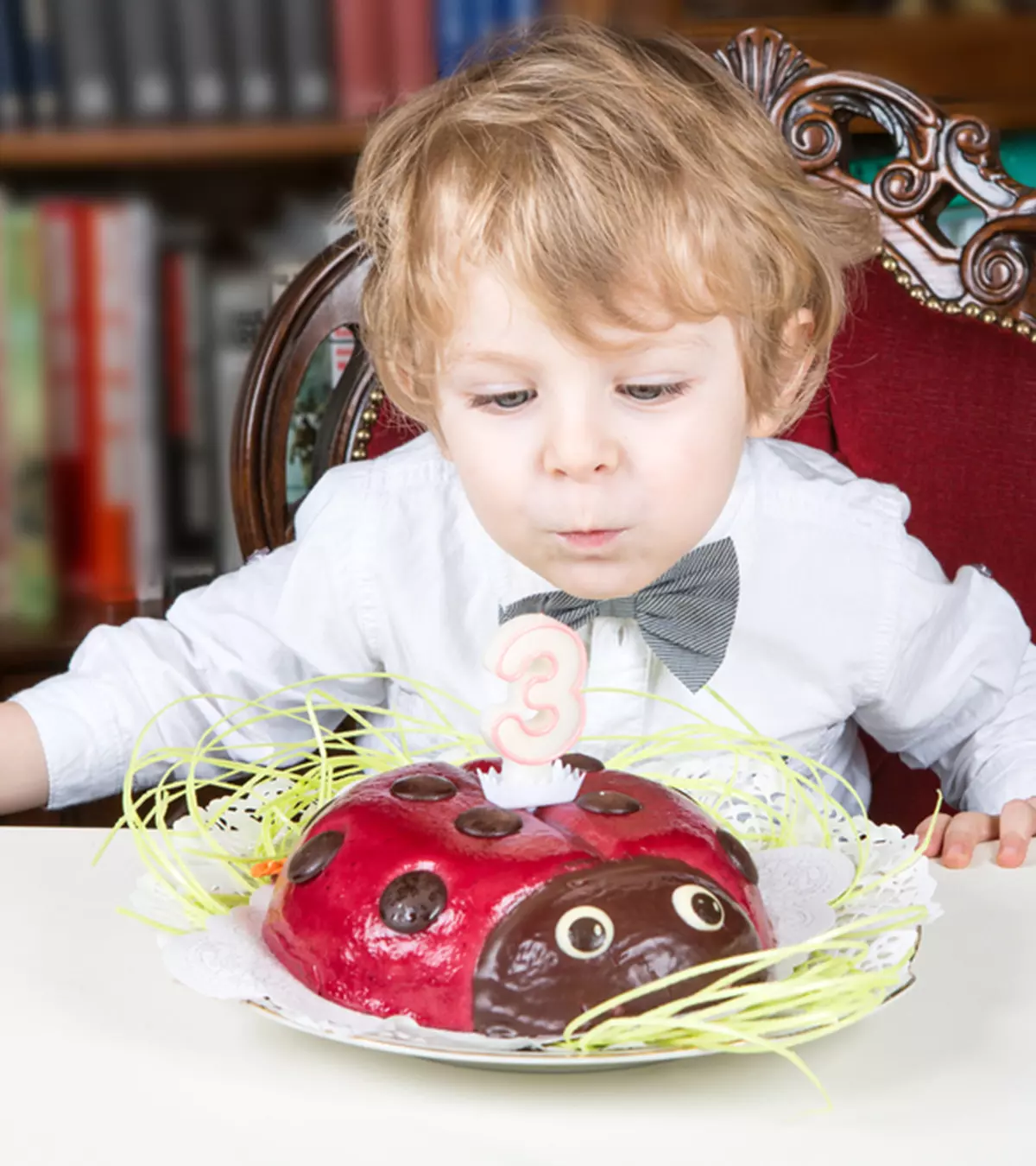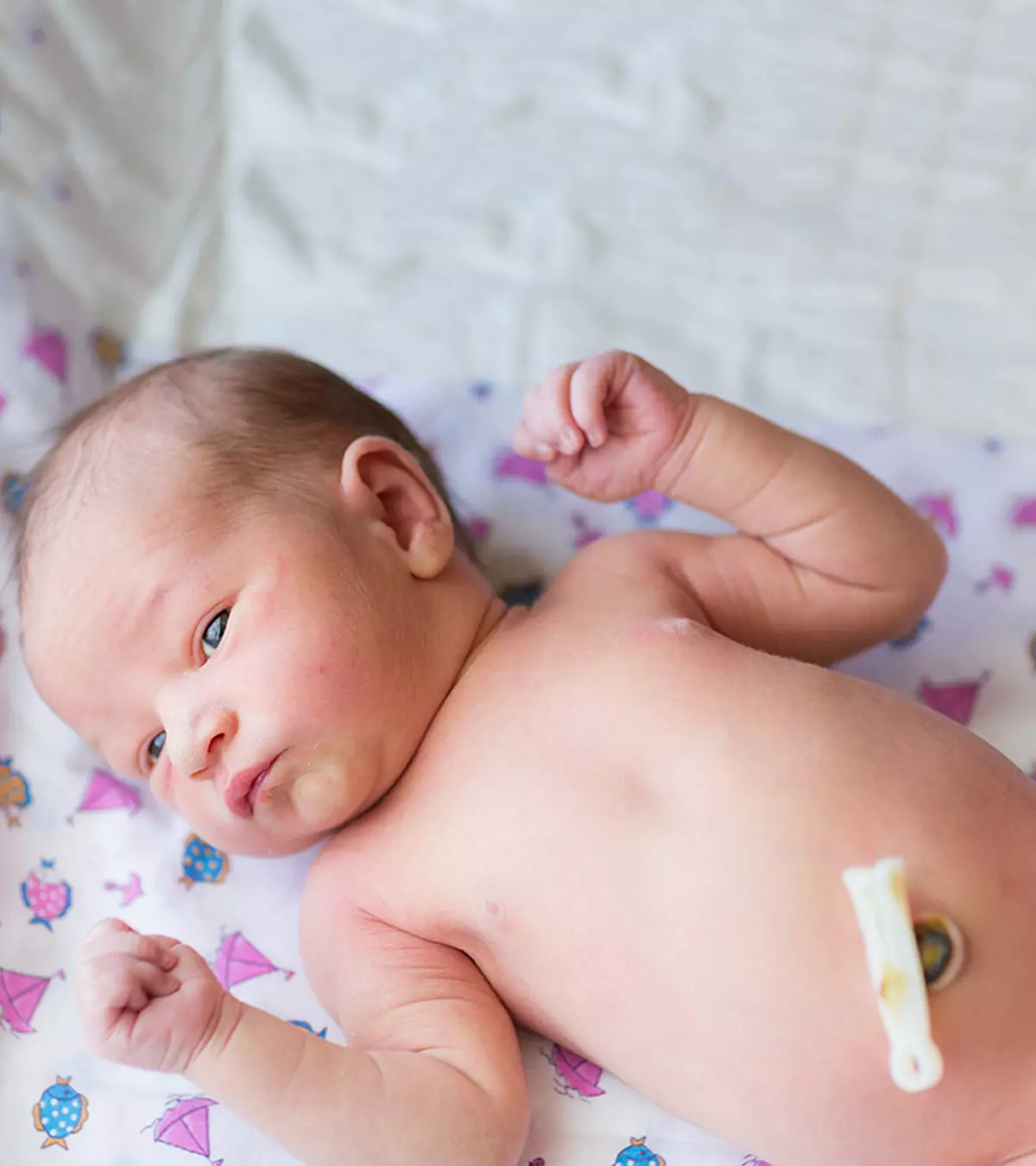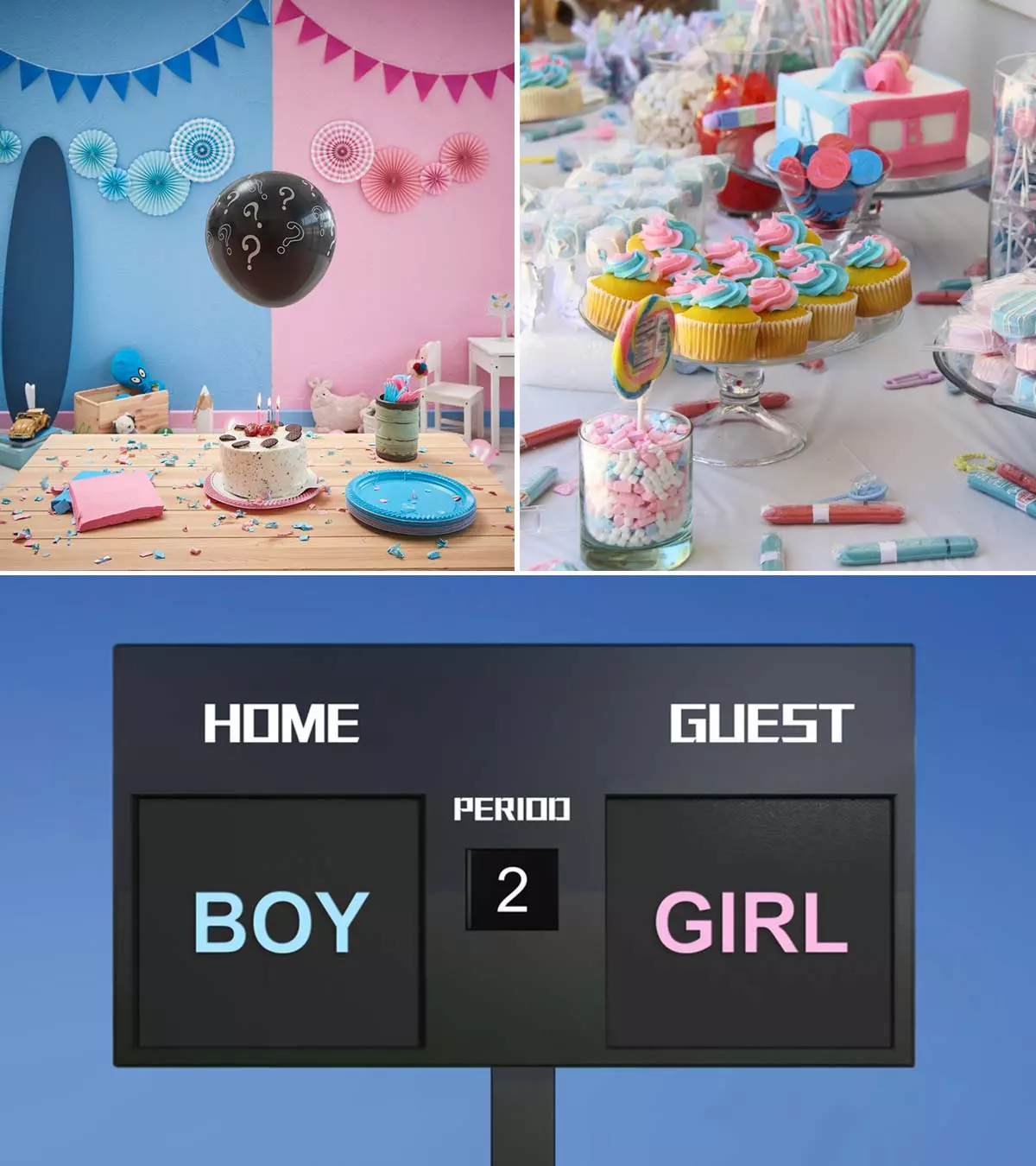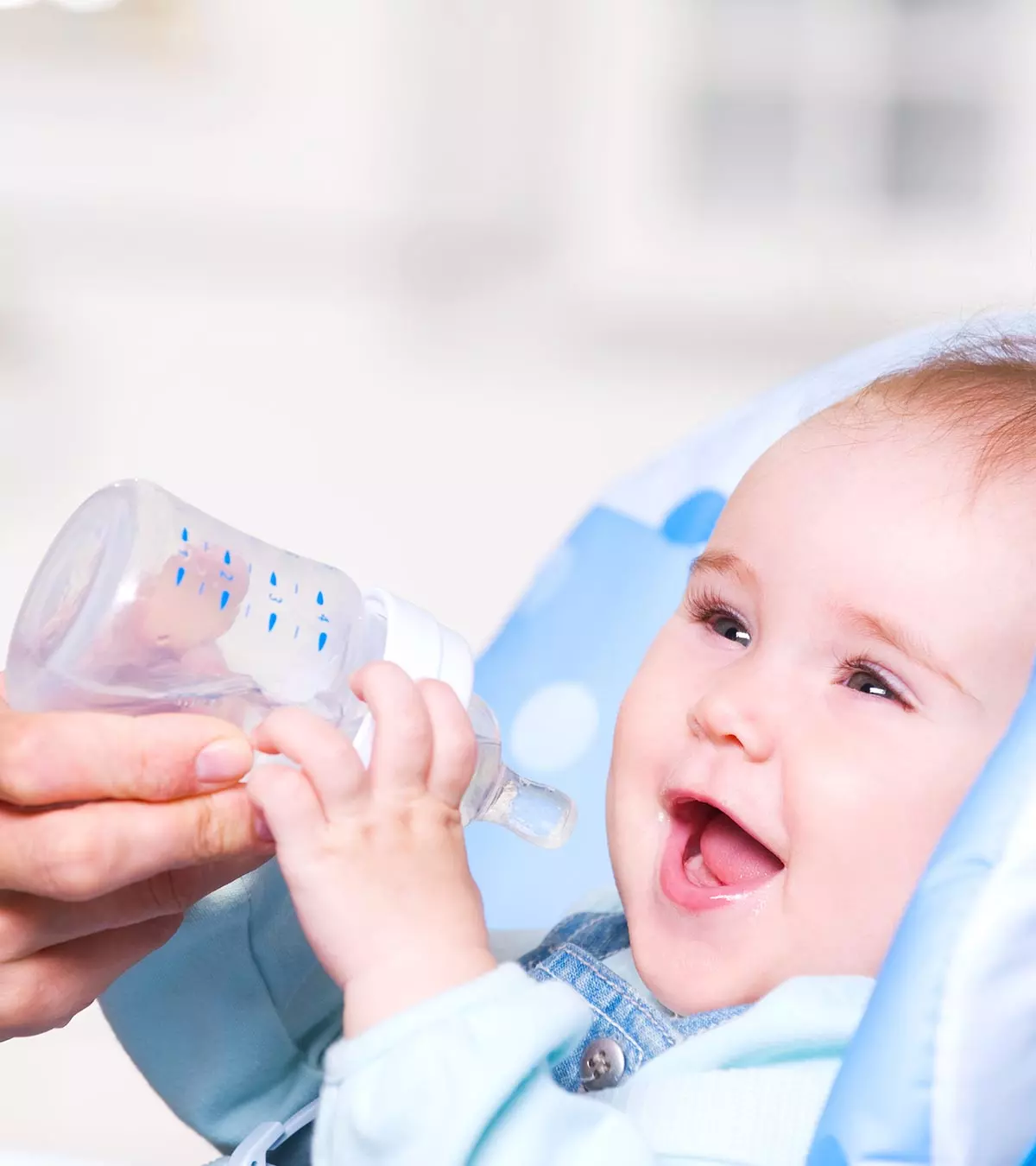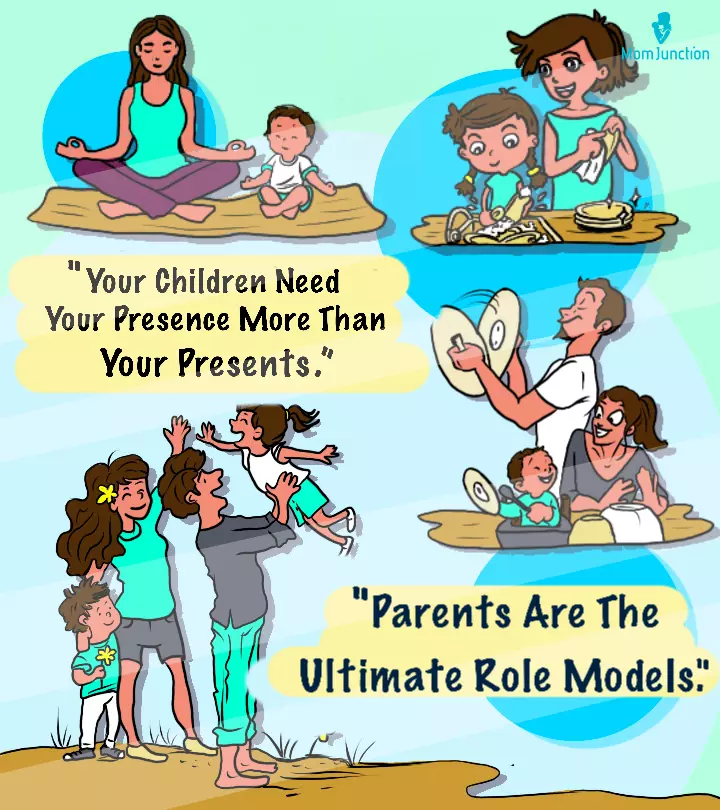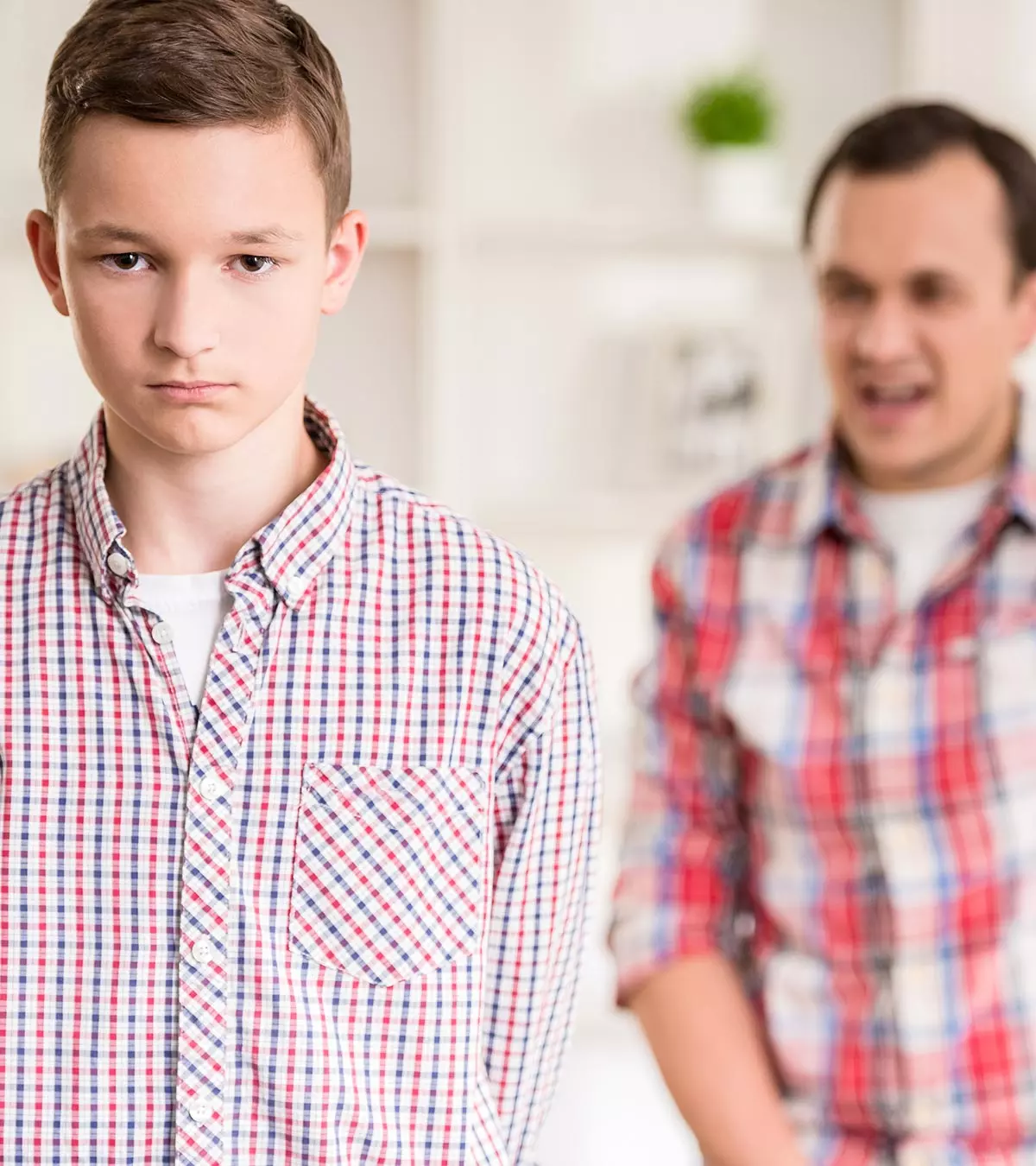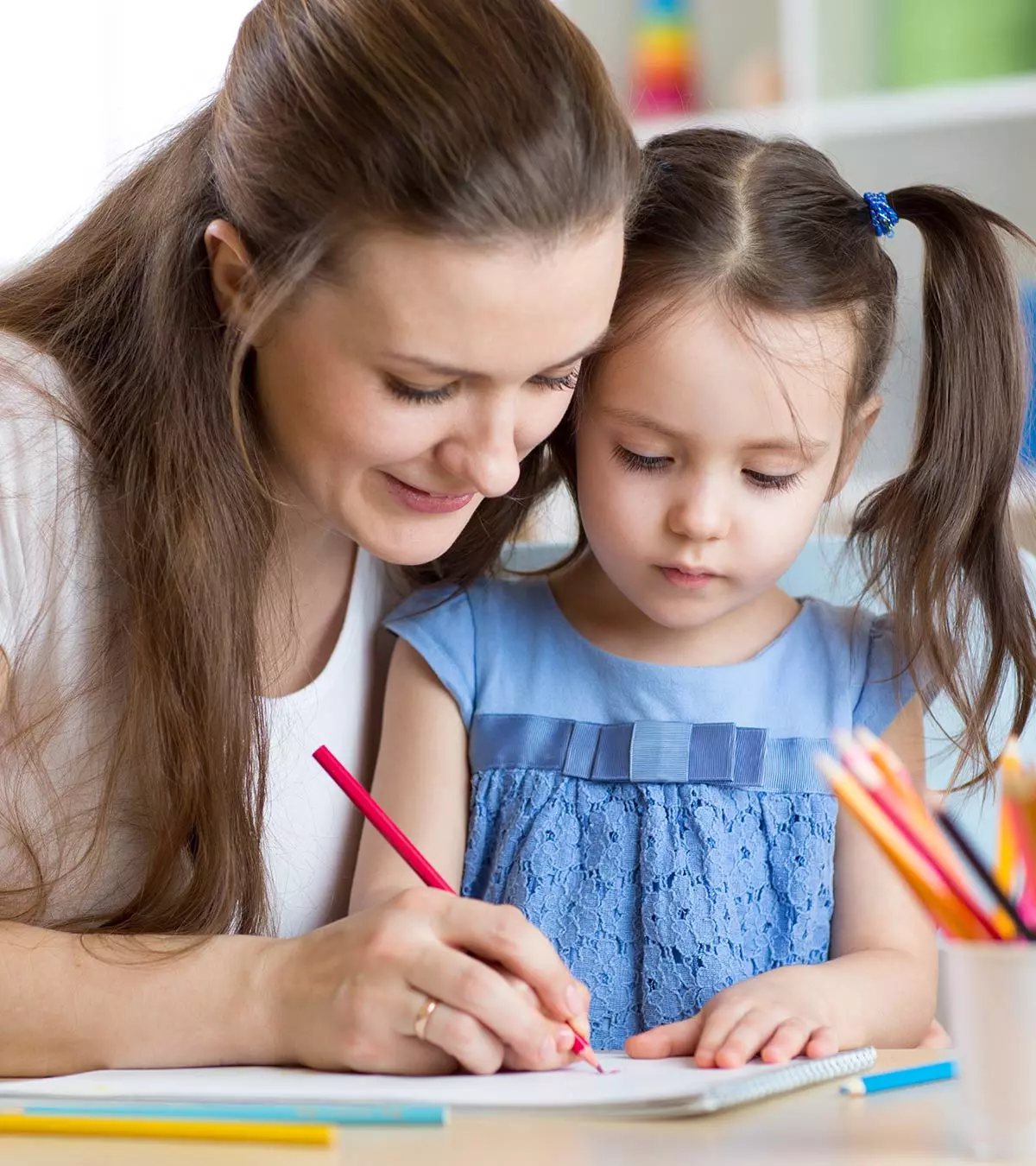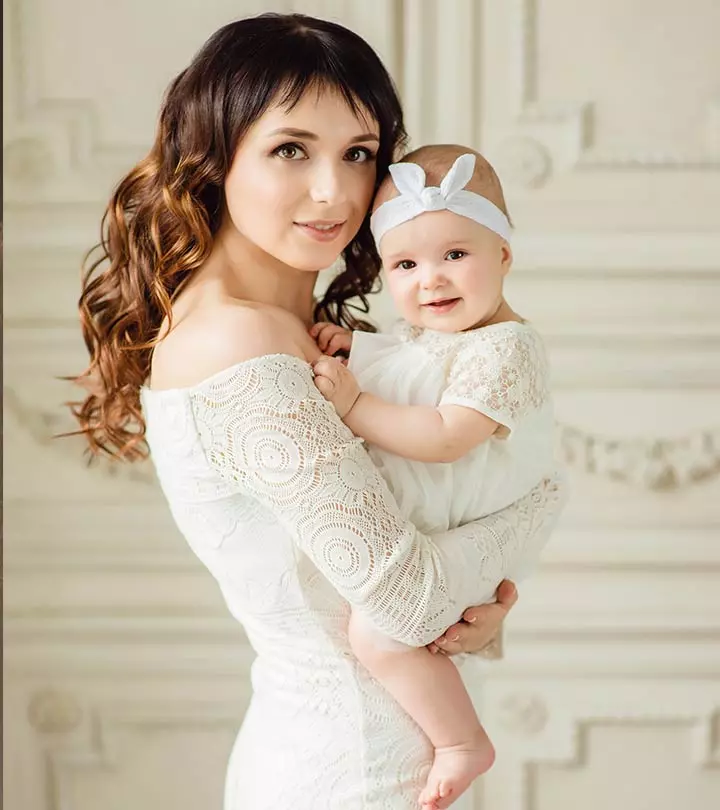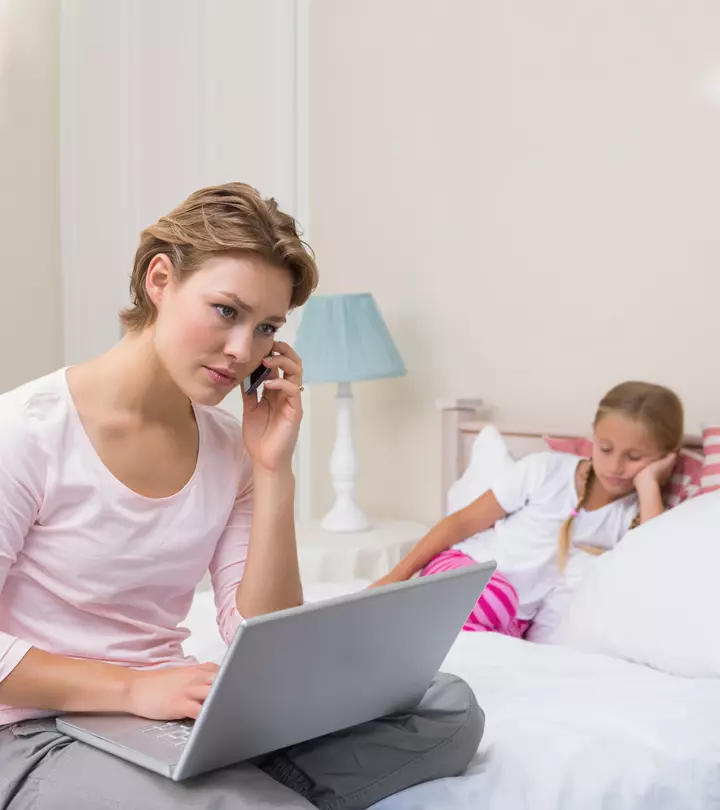
Image: Shutterstock
Uninvolved parenting or a hands-off approach is a style of parenting that does not require parents to hand-hold their children and guide them with every step of life.

There can be varying levels of non-involvement depending on the parents. For example, some parents might choose to look after their children’s basic needs and amenities, such as food, shelter, clothes, and education. In contrast, others ignore these and let their children learn everything independently. But how does this style of parenting help the children?
Read on to learn about the various aspects of uninvolved parenting and its effect on their children and overall development.
Key Pointers
- Uninvolved parenting is a parenting style characterized by insufficient support and time with the parent, and basic necessities like food, shelter, health care, and academic assistance for the child.
- Traits of uninvolved parenting include emotional detachment, preoccupation with one’s own problems, failure to show affection, and lack of expectations.
- Detached parenting can lead to emotional vulnerability, low self-esteem, difficulty making decisions, and relationship problems for children.
- Parents can improve their parenting style by setting aside time for their children and fostering open communication with them.
What Is A Neglectful Or Uninvolved Parenting Style?
This is a parenting style where the child does not receive an adequate amount of emotional support, physical time with the parent, or does not have basic needs such as food, shelter, health care, childhood play, and academic support.
- According to psychologist Diana Baumrind, a neglectful or uninvolved parenting style involves a minimal amount of involvement or response towards the needs of the children.
- This means that children are only provided with the most basic of facilities, with no opportunity for recreational or developmental activities.
- It is also marked by emotional detachmentiA state of mind in which a person finds it difficult to connect with other people as well as a lack of healthy discipline. An uninvolved or neglectful parent may be detached and extremely apathetic, and unconcerned about their children’s needs.
The Characteristics Of Neglectful Or Uninvolved Parenting
Having some or more of the following characteristics does not necessarily mean that you are an uninvolved or neglectful parent. However, this may suggest that you would benefit from some introspection and examination of your parenting style.
1. Emotional Detachment
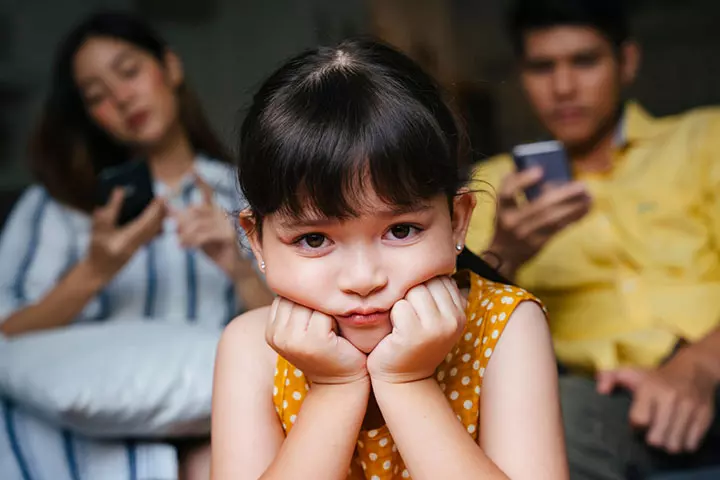
Such parents think that their duty is limited to providing food and shelter, and not other needs such as connecting with their children emotionally. Unaccountable behavior is common in uninvolved parenting, where parents provide minimal emotional support. They do not feel the need to ask their kids about their daily activities, or even take care of them when the children feel emotionally down. They avoid any confrontations.
2. Too Occupied With Their Problems:
Uninvolved parents feel the pressure of the world and are generally busy with their own issues. They are either caught up in work or occupied with self-grooming. Parents could be facing financial, emotional, or social problems, and may end up spending time in taking care of the crises.This leaves them with little or no time for their kids, making them disengaged from their children’s lives.
3. Influence Of Drugs Or Abusive Substances:
When parents are addicted to alcohol, drugs, or other abusive substances, they become uncommitted in their responsibilities They could even resort to violence. They could even resort to violence. Parents with substance abuse affect a child’s growth as they do not involve themselves with their children. In some cases, if parents lose their jobs, and come under financial constraints, then kids may have to drop out of school, or lack nutrition, among other things. (1)
4. Lack Of Supervision:
Neglectful parents are broadly of two types when it comes to supervision. They either do not supervise their kids at all or keep them grounded constantly. The first kinds are passive and not inclined to supervise their kids. They do not bother about what the kids do, when they come home and go. They are barely aware of their kids’ schedules and activities. They do not like to inculcate discipline, and a lack of it also does not affect them.
The second kind keep their kids grounded, under supervision, or at home, all the time. While they do not ask their kids about their daily activities, they will want to have them around. Such parents prevent any development that the kids may have outside of home.
 Point to consider
Point to consider5. Do Not Express Love:
These parents do not express their love towards their children. They often ignore them and there is no hugging, kissing or any other signs of love in the family. They show no warmth, which could leave the kids feeling bitter.
6. Lack Of Expectations:
These parents have absolutely no expectations of their kids. They are uninterested in the milestones or goals reached by their children. They do not help or motivate them in achieving their goals.
Mikala Nicholson, a blogger and an aspiring author, explains how a lack of expectations from parents can affect a child’s psyche in the long run. Talking about her father’s lack of involvement in her and her sister’s lives during their formative years, she says, “He was emotionally distant, would constantly avoid having a single conversation with us, never made sure we were even still in the yard or house as we played, never expected anything out of us, NEVER showed us any sort of affection, be it physical or otherwise, and he never wanted to come to any of our important school or extra-curricular activities (i).”
Effects Of Uninvolved Parenting On Children
As most fathers are generally earning for the family, they lose out on some very important time with their children. There could be other reasons for the lack of involvement besides work.
- Men don’t learn how to be strong and deal with situations tactfully in the case of absentee fathers. They are constantly looking for approval from people and cannot decide for things by themselves. They end up being unable to take decisions for themselves, and grow up to be weaker dads.
- Girls become emotionally weak as they never had a strong support from anyone and fail in relationships in future. They yearn for constant love.
- The unavailability of a mother hampers children’s growth in terms of identity.
- Mothers help their children build an identity. They let kids know how strong they can be and teach them the difference between right and wrong. As mothers are vastly involved in teaching kids life skills, their absence leaves children directionless.
Examples Of Uninvolved Or Neglectful Parenting Style
Here are a few examples of how an uninvolved parent would react under certain scenarios.
Scenario 1:
- You have taken your three-year-old to a park, or your toddler is busy in a play-date at home with other kids. Suddenly, he grabs the toy of another child and snatches it away from her.
- You see but do not interfere and have a laissez-faire mentality. Your toddler may be too young to understand the difference between good and bad behavior, and this may be the age around which you need to start teaching him that.
Scenario 2:
- Your young child comes home from school, and you know that it has been a long time since he had eaten something.
- You will not offer him any healthy meal but expect him to reheat some stale food and eat.
- In extreme cases, you are nonchalant and may not even acknowledge the fact that your child is hungry or simply ignore his requests for some food.
Scenario 3:
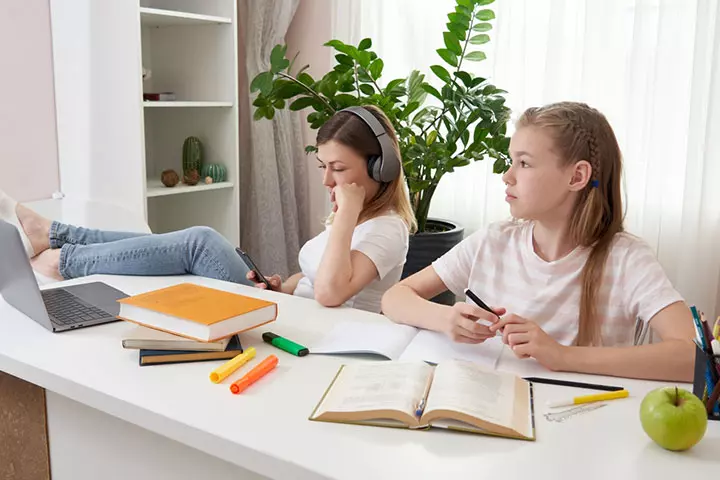
- Your child has a lot of homework and school projects that are too difficult and vast for your child to do all by himself.
- You are unresponsive and will not offer any assistance or guidance to your child, even if he seeks help from you.
- Your child may start scoring poorly at school, and it may negatively affect their overall studies, but you are not concerned about his performance.
Scenario 4:
- Your needs and activities take up most of your time.
- You spend the entire day working and do not get any time for yourself or to indulge in your recreational activities.
- The only time that you get to relax is when your child too has a lot of free time at hand. So, you let him loose, without worrying about what he does in his free time.
Scenario 5:
- Your child is back home after having spent a long time at a friend’s place.
- You do not ask him where he has been or how long he was gone for.
- You do explain the importance of time and maintenance of a schedule.
Scenario 6:
- Your child has been looking very dull and upset for a week now. You take notice but do not try to find out the reason.
- You may have no idea what is going wrong with your child, are uncaring, and would not even recognize the need for some urgent medical attention.
 Did you know?
Did you know?Why Neglectful Parenting Is Bad
Children in an uninvolved parenting set-up cannot compete with their classmates and friends, and feel abandoned, distant, and depressed.
They lose their ability to make the right choices.
The constant feeling of being ignored or unwanted can leave the child with a confused feeling about self-worth. They get easily troubled or frustrated and are not very good at sticking to relationships.
Here are the consequences of neglectful or uninvolved parenting (2):
1. Feeling Unloved:
Uninvolved parenting leaves a child feeling unloved. This could have a huge impact on the child’s overall psychological development. As they grow up, they may go looking for the love they never had in all the wrong places.
2. Child Becomes Directionless:
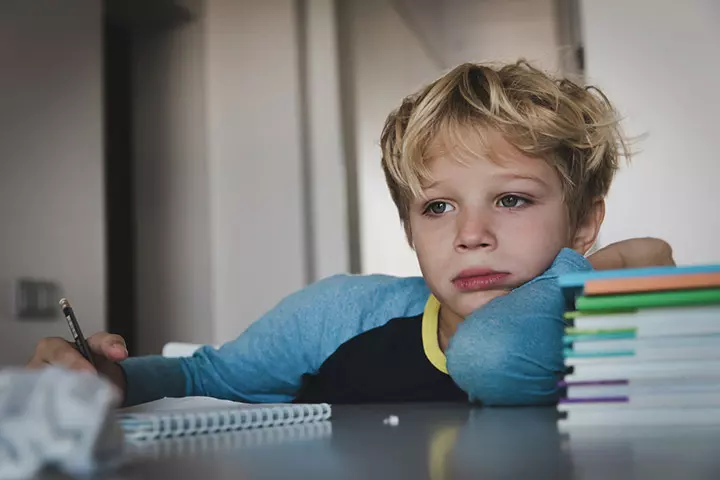
As parents pay no attention, children cannot choose a right path for themselves. The child ends up being disillusioned and sometimes seeks others’ advice for making decisions. A lack of understanding of the boundaries could make him anti-social.
3. Cannot Follow Rules or Instructions:
Children are not taught to follow rules, as there are none at home. This could wreak havoc in his life because he cannot stick to the guidelines at school while growing up and at work or in society as an adult.
4. Cannot Understand Other Parenting Styles:
Children who grow up in this parenting atmosphere may find other parenting styles weird, and could end up being uninvolved parents to their children. They may find it difficult to accept love and care from other adults in the family.
5. Substance Abuse:
Uninvolved parenting children are at a high risk of falling prey to substance abuse. In case the parents are themselves addicted to drugs, the chances of children becoming so are higher.
6. They Have To Take Care Of Themselves:
Such children are left to fend for themselves, which robs them of the essence of childhood. They grow up too quickly and older siblings end up taking care of the younger ones. They become socially aloof, and find it difficult to respond and react to others and may turn to be extreme introverts.
7. Heightened Emotions:
Children find it difficult to control their emotions. They have a heightened sense of fear, anxiety and stress as they never get the emotional support of their parents to tide over such feelings.
8. Brain Functioning Is Hampered:
Neglect can severely alter the way a child’s brain works. It leads to depression and an increased risk of memory impairment. It could also lead to dissociative disorders. Some researchers say that neglect is linked to panic disorderiAn anxiety disorder in which a person is disconnected from their feelings, emotions, and thoughts, causing a lack of emotional involvement , post-traumatic stress disorder (PTSDiPost-traumatic stress disorder, a mental health condition triggered by memories of a traumatic or stressful event from the past ), and attention deficit hyperactivity disorder (ADHDiA neurodevelopmental disorder affecting the child's ability to pay attention, control impulses, and manage energy levels ) (3).
9. Lack Of Personality Development:
As there is no direction or adult supervision, children cannot develop their personality like those in other forms of parenting do. They simply flow with the tide.
Why Do Parents Adopt Neglectful Or Uninvolved Style Of Parenting?
Researchers attribute uninvolved parenting to several reasons such as financial status, educational background, cultural aspects, and traditional practices. Here are a few other important reasons for parents to adopt this style:
1. They Suffered The Same:
Parents could be carrying forward the parenting style of their parents. As they have faced a similar scenario in their childhood, they do not feel the need to connect to their children. It becomes cyclic.
This turns into a vicious circle and can become extremely difficult to come out unless some conscious effort is made by them.
2. Lifestyle:

Some parents may have a lifestyle that keeps them totally occupied and gives them no time for anyone in the family, including their spouses. Such parents do not intentionally avoid their kids, but are forced to.
3. Personality Issues:
Some individuals have the urge to stand out in the crowd. This individuality forces them to turn towards themselves and not care for anyone else. These kinds of people often take care of themselves and neglect everything else.
4. Good Intentions:
Some parents adopt this kind of parenting style so that their children can toughen up and learn to be dependent on none. They think they are strengthening them and doing them a favor. What they do not realize is that they are pushing their children to an extreme.
4. Lack Of Understanding:
A lack of understanding of responsibilities can also trigger this kind of parenting. When parents are unable to communicate with their children well or are unable to understand their needs, they become neglectful.
Tips To Come Out Of Neglectful Parenting
Though it could be difficult for parents to adapt to another parenting style, they must understand that they have to take charge. Here are some ways in which you can make changes in your parenting style.
- Develop communication with your kids. Even if you do not want to involve yourself completely, take some time out and start slow.
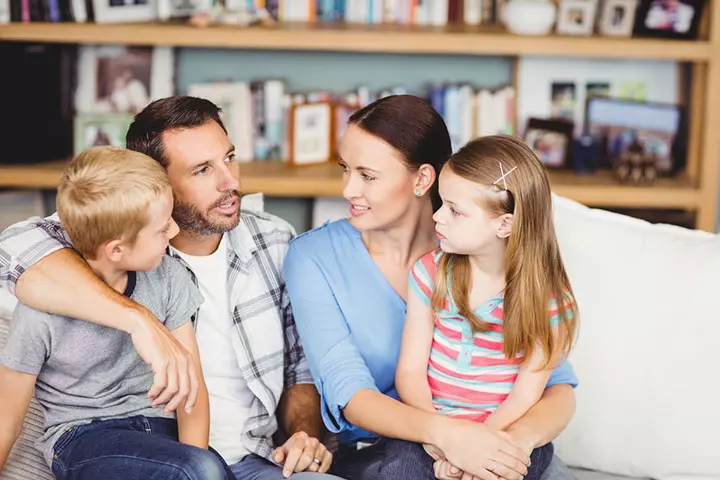
- See if they are keeping in their best health. Attend to them if you feel that they are very quiet or not as active as usual.
- Help them take decisions even if you do not wish to suggest anything. Just listen to them. You don’t always have to give a solution.
- If you are very busy with something, let them know when you can attend to them.
- Do seek medical help if you think you might need it.
 Do remember
Do rememberToxic Parenting
- Toxic parenting is a form of bad parenting. It is a higher or worse form of neglectful parenting. Toxic parents are known to treat their kids as nothing but objects. They damage a child’s cognitiveiThe ability of the brain that helps one obtain, process, store, and use information , growth, and overall development. They are overtly abusive and manipulative.
- Toxic parenting is extreme and sees no bond between parents and children.
Frequently Asked Questions
1. What is the difference between free-range and uninvolved parents?
Free-range parenting is where children are allowed autonomy so that they may experience their natural limits. They are not kept overprotected (4). However, this does not mean they are being neglected, as with uninvolved parenting (5).
2. What is the difference between uninvolved parenting and busy parenting?
Uninvolved parenting is when parents usually are not acquainted with where their children are or how they have been. Since it involves child neglect, it is also referred to as neglectful parenting. In some cases, this can lead to parental alienation, where a child becomes emotionally distant from one or both parents due to lack of involvement. Busy parents are the ones who work or have other commitments to meet. In busy parenting, the parents can still meet the child’s needs through adequate planning (6).
3. Is uninvolved parenting abusive?
Uninvolved or neglectful parenting may be regarded as one of the forms of child abuse involving complete neglect of the child’s needs. This may affect the child’s mental and physical health, driving them toward addictions, negative emotions, and other disorders (8).
Uninvolved parenting is not similar to the conventional style of parenting. This parenting style does not involve a lot of physical or emotional support from parents. Some children may not even have the basic needs. The influence of parents on children plays a crucial role in their emotional and psychological well-being, and a lack of involvement can negatively impact their development. This parenting style can have a detrimental effect on the child’s growth and development. Children may face anxiety or depression or other problems, such as self-esteem and trust issues. If you are into a similar parenting style and are already facing the repercussions, try to come out of it to give your child the best atmosphere.
Infographic: What Are The Potential Consequences Of Neglectful Parenting
The way parents deal with their child’s upbringing can affect the child’s long-term behavior and personality. Hence, neglectful parenting can lead to negative consequences for the child. The following infographic illustrates the various immediate and long-term effects of neglectful parenting on a child.
Some thing wrong with infographic shortcode. please verify shortcode syntaxIllustration: Uninvolved Parenting Style - Traits And Effects on Children
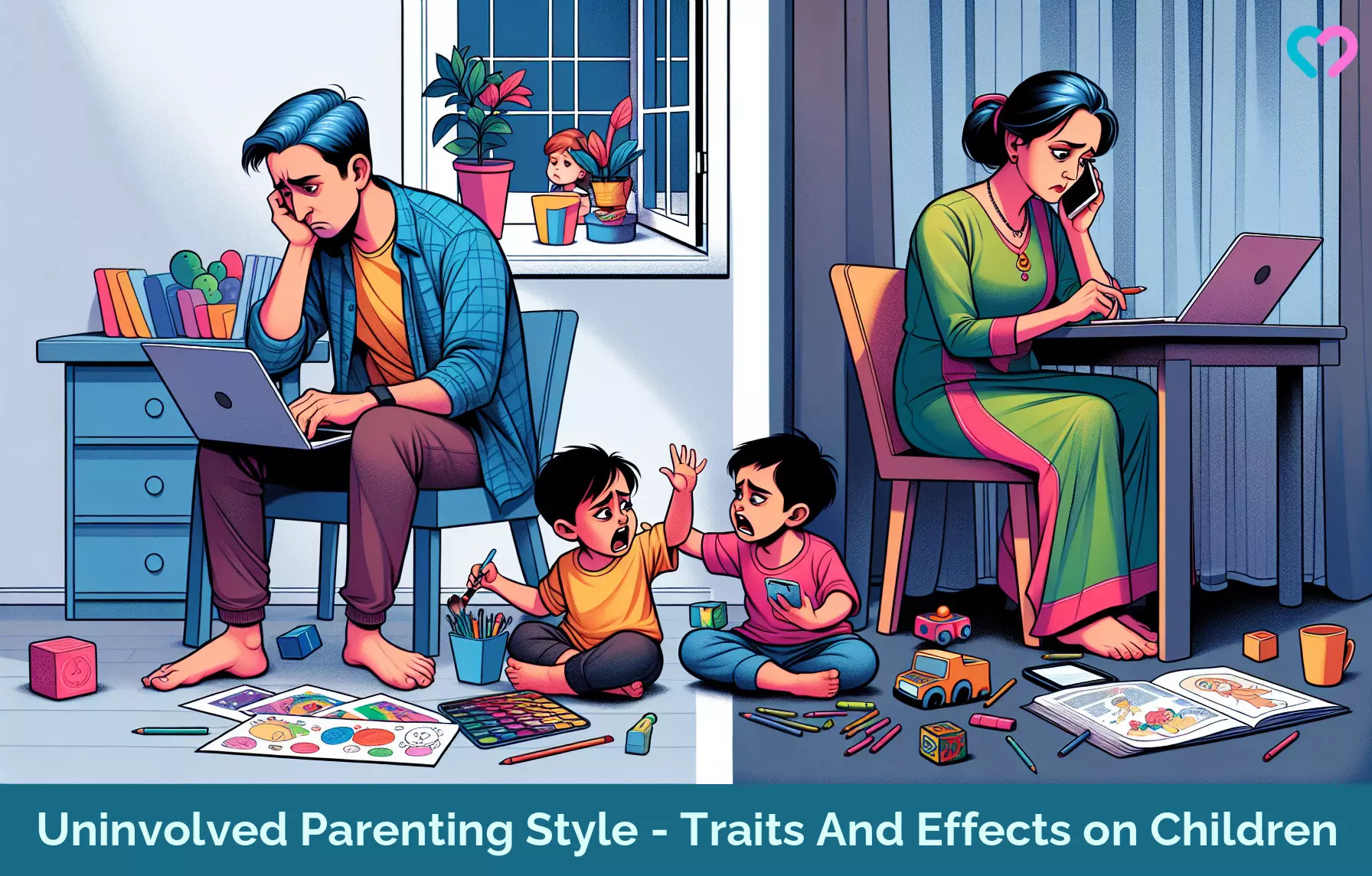
Image: Dall·E/MomJunction Design Team
Uninvolved parenting: Learn how to let go and let your child grow. Discover the benefits of uninvolved parenting.
Personal Experience: Source
MomJunction articles include first-hand experiences to provide you with better insights through real-life narratives. Here are the sources of personal accounts referenced in this article.
i. My Uninvolved Parent;https://mikalaq.medium.com/my-uninvolved-parent-e845db0a565
References
- Effects of Parental Substance Abuse on Children and Families.
https://www.aaets.org/traumatic-stress-library/effects-of-parental-substance-abuse-on-children-and-families - Parental neglect and its effect.
https://www.whiteswanfoundation.org/life-stages/childhood/uninvolved-and-neglectful-parenting - Neglect.
https://www.nspcc.org.uk/what-is-child-abuse/types-of-abuse/neglect/ - Free-Range Parenting – Is it Right for Your Family?.
https://reliantmedicalgroup.org/blog/2019/10/29/free-range-parenting-is-it-right-for-your-family/ - Jessica Valero; (2018); Effects of Perceived Parenting Styles on Depressive Symptoms.
https://www.csustan.edu/sites/default/files/2025-07/dir_valero_jessica.pdf - Keeping Health at the Forefront as a Busy Parent.
https://extension.sdstate.edu/keeping-health-forefront-busy-parent - National Child Maltreatment Statistics.
https://americanspcc.org/child-maltreatment-statistics/ - Distinguishing Between Different Parenting Styles And Child Abuse.
https://www.hg.org/legal-articles/distinguishing-between-different-parenting-styles-and-child-abuse-51008
Community Experiences
Join the conversation and become a part of our nurturing community! Share your stories, experiences, and insights to connect with fellow parents.
Read full bio of Dr. Holly Schiff
Read full bio of Sagari Gongala
Read full bio of Rebecca Malachi
Read full bio of Apoorva K





